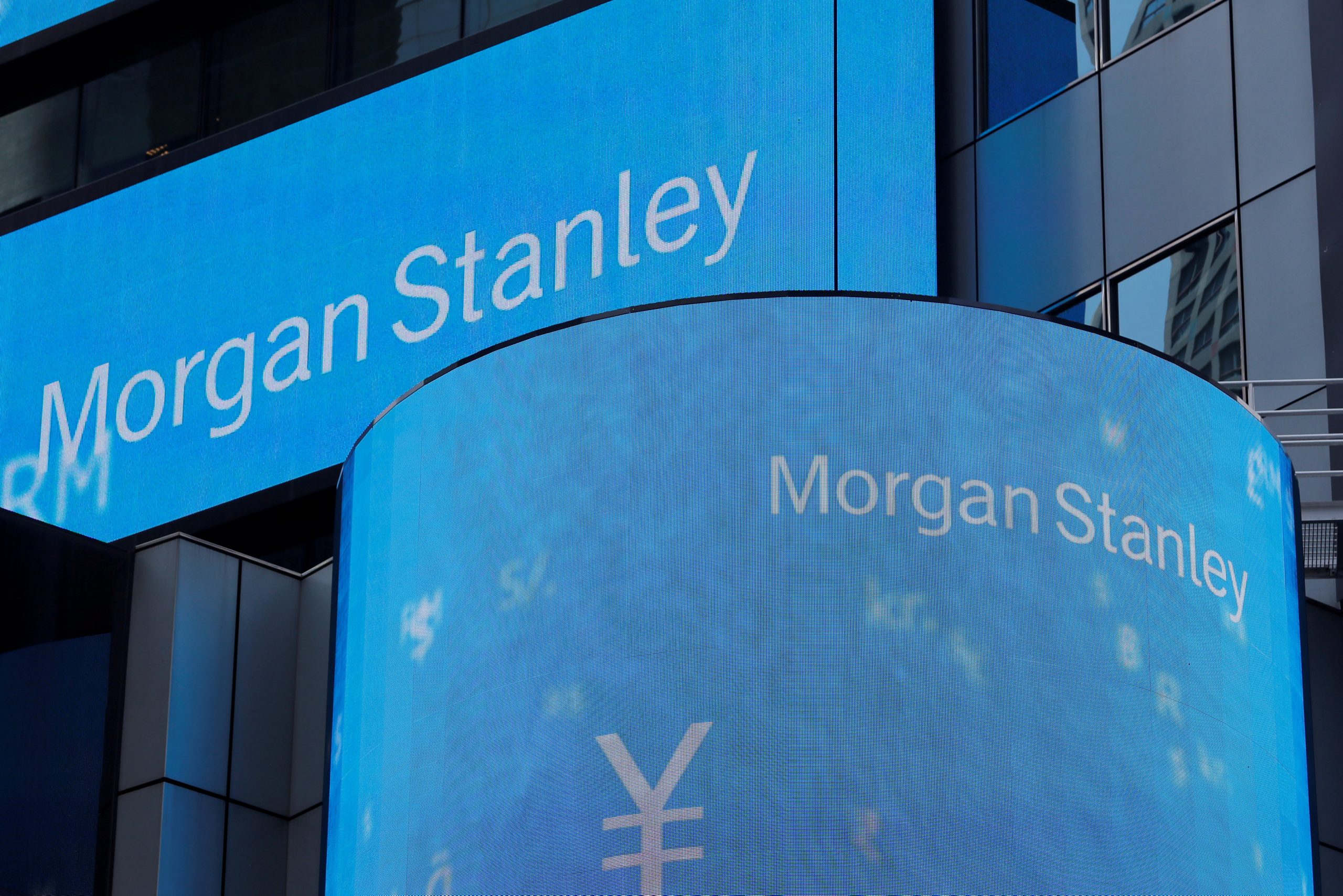
The liquidity that fueled improving economic conditions, as well as rising assets in previous years, is now drying up. Access to cheap money is likely to disappear this year.
This was stated in an analysis conducted by Morgan Stanley, in which it recommended that investors diversify their investment portfolios, preferring exposure to real estate, gold, hedge funds, and investments in emerging markets, Japan, and Europe.
European banks: Morgan Stanley's prophecy and the coming rise [γραφήματα]
Danger
While investors are enjoying the market's recent rally, many appear to be ignoring a major risk to its continued performance: a reversal of the excess financial liquidity that fueled the rally, according to Morgan Stanley.
What is “liquidity” and why does it matter? Simply put, liquidity measures represent how easily businesses and households can borrow money and finance their spending and investments. The level of liquidity generally reflects the amount of money available in the financial system, which can affect the availability of credit as well as the flow of funds and asset prices in financial markets.
Investors were awash with cash. Thanks to coronavirus-era fiscal stimulus and the Fed's bank bailouts, the “M2” (a broad measure of the money supply) has been rising since early 2020. So far, it is “running” trillions of dollars above long-term trends and forecasts suggest that balances It is declining from its peak reached in July 2022.
This excess liquidity has created easy economic conditions that have helped boost most stock markets in 2023. Investors with cash on hand have pushed up stock prices faster than corporate profits have risen.
Excess liquidity may dry up soon… “dry up”
However, the easy economic conditions are likely to fade, according to Morgan Stanley, as the supply of government debt is likely to swell further while investor demand declines.
On the supply side, the US budget deficit is expected to rise from the current level of 6% to 7% of GDP – already a historically high level during a period of economic expansion – to 10% of GDP by 2053. Morgan Stanley research expects that the US government will be able to achieve this goal. It will issue more debt than last year, with net issuance in 2024 rising more than 60% from last year to $1.8 trillion. All of this comes amid an expected increase in new bonds issued by governments and companies around the world, a total estimated at $3.5 trillion. $ this year from $3 trillion last year, the highest level since 2021.
On the demand side, the excess investment capital needed to absorb all this new debt shrinks. The Fed's bailout program for regional banks, which helped plug up to $200 billion in banks' balance sheet deficits, is scheduled to expire in early March.
What it means for investors
A potential mismatch between supply and demand could lead to higher inflation-adjusted or “real” interest rates. This, in turn, can put pressure on stock valuations, as higher interest rates can impact future earnings.
It could also lower credit spreads – the additional return an investor might earn over a comparable Treasury yield for holding a riskier type of fixed-income asset – which could make corporate bonds less attractive to some investors.
Taken together, Morgan Stanley expects market performance to remain at roughly current levels, with average returns likely in stocks and bonds this year. An economic “soft landing,” if it materializes, would likely mean growth and interest rates return to normal — but not as many investors hope.
In this environment, investors should build highly diversified portfolios with an emphasis on active stock and bond selection. Morgan Stanley concludes that real estate investment trusts (REITs), gold, hedge funds, and investments in Japan, emerging markets (excluding China) and select European companies are likely to outperform.

“Avid problem solver. Extreme social media junkie. Beer buff. Coffee guru. Internet geek. Travel ninja.”





More Stories
“Recycling – Changing the water heater”: the possibility of paying the financing to the institution once or partially
Libya: US General Meets Haftar Amid Tensions Between Governments
New tax exemption package and incentives for business and corporate mergers..